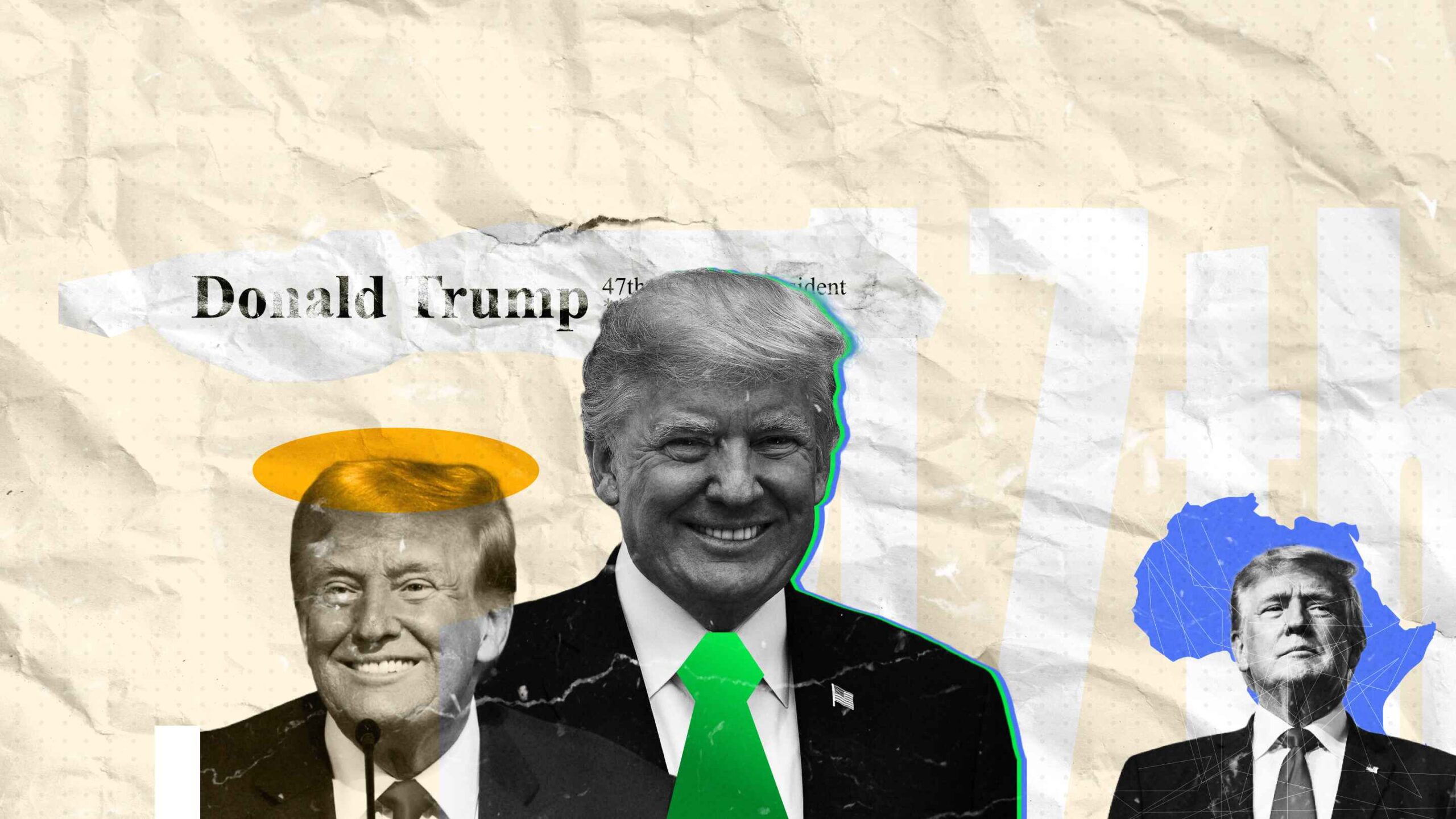🍔 Quick Bite: Trump has struck again. On Friday, he imposed a $100,000 annual fee on H-1B visas, effectively turning a major pathway for global tech talent into a gated lane. For African professionals, the impact stings; Nigeria barely cracks 1% of approvals, yet the program has been a career escalator and global network builder.
With that door closing, African talent may now find its future in remote roles, regional hubs, or rival destinations like Canada and the UK.
🧠 The Breakdown
Donald Trump’s return to the White House was always bound to be disruptive. He made no secret of his plans to roll back much of Biden’s legacy. From the moment he was sworn in again, the world braced for déjà vu. His first term gave us clear clues: America first, everyone else negotiates for second place.
That posture is now hitting global tech head-on.
Last Friday, Trump signed an executive order slapping a $100,000 annual fee on companies hiring foreign workers through the H-1B visa program. The White House later clarified that petitions already filed would not be affected. But the signal was unmistakable.
The same pipeline that has ferried thousands of tech talents into the United States every year has suddenly become prohibitively expensive. Commerce Secretary Howard Lutnick put it bluntly: companies must now decide whether a foreign hire is worth paying $100,000 annually to the government or if it’s time to “go hire an American.”
For Africa, the announcement landed with a particular sting. The continent’s share of H-1B visas has never been large, but the program has mattered far more than raw numbers suggest. It has been a career escalator, a path to global networks, and often a stepping stone for many of Africa’s best brains.
Africa’s place in the H-1B pipeline
The H-1B program is big, but it has always been dominated by a few countries. In fiscal year 2024, India accounted for roughly 70% of approvals, while China took 12%. Nigeria was the only African country to break into the global top ten with 2,273 beneficiaries, representing less than 1% of the total. For context, the US approved nearly 400,000 petitions in that same period.
Computer-related occupations make up almost two-thirds of all H-1Bs. US tech companies are among the heaviest users, with Amazon securing more than 10,000 visas in the first half of 2025 alone. Microsoft and Meta each collected more than 5,000 approvals. This dominance underscores why the new fee lands hardest in the tech sector.
For Africans, the pathway was already narrow. Generally, denial rates for US visas are higher for African applicants than for applicants from other continents. Adding a $100,000 fee to the H-1B visa on the employer’s end all but ensures that only senior or highly specialised candidates will get sponsorship.
Where do companies turn?
The big question is how employers respond. When the US raises barriers, firms won’t simply stop hiring. They adapt. Research shows that in past cycles of H-1B restriction, companies expanded employment in foreign affiliates. India’s IT export industry exists largely because US demand spilled over to offshore centres.
The most obvious response is damage control: keep current visa holders in the US and avoid triggering new petitions. Beyond that, companies could redirect budgets to where talent can be accessed at scale. India, Asia, and Latin America are the frontrunners. Africa could see some lift, but it will need to compete on infrastructure and reliability, not just raw talent.
The other likely adjustment is a return to remote hiring. The pandemic proved that distributed teams could work at scale. With a $100,000 hurdle on visas, the economics of remote hiring suddenly look attractive again. For African talents, this could mean more opportunities to earn in dollars without relocating. The catch is that remote work rarely delivers the same benefits as relocation. A US job offers higher salaries, comprehensive health insurance, family visa sponsorship, and the career acceleration of being in the ecosystem. Remote contracts, while valuable, usually mean lower pay and more gig-style risk.
Still, for many Africans, remote work can be both a solution and a stepping stone. It offers immediate access to foreign income and experience. It can also serve as the very credential that companies later use to justify sponsorship under more restrictive conditions.
The bigger picture
For the price of a single H-1B fee, a company could set up different hubs in different cities.
India has already voiced concern, warning of “humanitarian consequences” given its reliance on H-1Bs. The realignment could accelerate existing trends: Canada, the UK, and Australia are actively courting global talent, the UAE is also offering relocation routes, and African ecosystems are competing to retain their own.
History offers reminders of what’s at stake. Elon Musk, now one of Trump’s closest allies, was reportedly a beneficiary of the H-1B visa. Instagram’s co-founder, Mike Krieger, built his early career on the same pathway. These stories underscore how much the US has historically benefited from foreign talent. By pricing out the next generation of global talent, America risks undermining its own competitive edge.
There’s an opportunity here, because if talent stays, local ecosystems can deepen. But that requires intentionality: better infrastructure, stronger capital, and companies willing to absorb the ambitions of world-class talents who might otherwise have left.
Trump has built a $100K wall around Silicon Valley, and suddenly the “brain drain” conversation shifts from how many talented Africans leave the continent to where Africa’s brightest minds go next.
Get passive updates on African tech & startups
View and choose the stories to interact with on our WhatsApp Channel
Explore




